Will the predicted apocalyptic date—December 21st, 2012—really be the end of the world? In this ongoing five-part series, we examine what would happen if zombies, nuclear weapons, cyber wars, earthquakes, or aliens actually destroyed our planet—and how you might survive.
End of the World Scenario #2: Nuclear Holocaust
North Korea attacks South Korea. The U.S. aids South Korea, while China helps North Korea. Great Britain, Japan and Australia join the U.S. to help South Korea. Iran sees its chance, attacks Iraq. The U.S. helps Iraq, while Syria forgets their own struggle and joins Iran. Israel's conflict with Palestine heightens; U.S. intervenes, aiding Israel. Germany, France and other small European countries help the U.S. against Iran. Canada sends troops to Iran and South Korea. Russia starts helping Iraq and China. Nuclear weapons destroy everything.
That's how World War III would go. Well...maybe.
While the scenarios are limitless when it comes to who will be part of the next World War, you can count the U.S. to be part of it. Sigh. If a nuclear war were ever waged on our country, the red dots on the map below predict where the first strikes will hit U.S. soil.
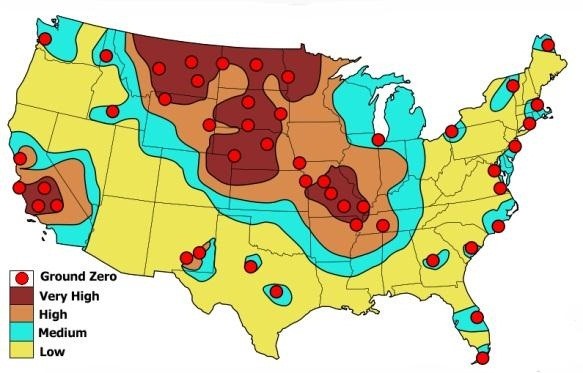
War was intentioned to better and protect people's way of life, but instead it's become something like, "I'm a better driver than them," and soon enough, everyone thinks they're the best driver. Since no one can ever be wrong, opposition is met with hostility and war begins.
How can we face this hostility head-on if it does ever happen on a global scale? Whether or not something happens on December 21st—zombie apocalypse, meteor strike, or nuclear holocaust—it's best to be ready for it.
Step 1: Should You Stay or Should You Go?
The first thing you should do is evaluate the threat of the situation and how imminent you expect it to unravel. If you don't expect the threat to affect where you're currently residing, then stay put and skip over to Step 2. If you have a bunker with supplies, why are you even reading this article? YOU'RE ALREADY SET.

However, if the threat is in close proximity to where you are staying, the best choice would be to evacuate and do it quickly. If you have several weeks or days of planning, make sure it is reasonable for you to get to the other destination in time. Nothing can be worse than than getting stuck in between two destinations. Make sure you can get there at all (roadblocks, military, traffic) and if that's clear, make sure you can get there in a timely fashion.
Your knowledge of the situation will make all the difference between having your group make it out in time with enough supplies to survive.
Step 2: Food & Supplies
Once you have cemented your place of stay, make sure to give your group individual roles and tasks. While some acquire water, food and supplies, make sure the rest are working on shelter issues and any other priorities that are pertinent to your survival.
When it comes to food, stock up on ready-to-eat foods such as granola bars and raisins and any type of canned food. You can also collect a few perishable foods, but obviously those won't last you a long time, so it's better to find long lasting food. Other types of food you can try and find are:
- Rice, beans, flour, potatoes, pasta, quick oats and other grains
- Dried milk
- Boxes of food, such as pancakes or hamburger helper
- Sugar and honey
- Cooking oil and baking soda
- Bottled water
Water will be one of the most important things you can try and collect, so make sure you have a substantial amount of water for you and your group. YOU CAN NEVER HAVE ENOUGH WATER.

When it comes to supplies, the list may be a bit longer and more complicated than food. You'll need:
- Paper or plastic plates and utensils and paper towels (there will likely be no water, so washing might not be an option if you're low on water)
- Can opener
- Fire (matches, lighters, etc.)
- Large bucket, cover for it and garbage bags (might be needed for a toilet)
- Toilet paper, napkins and diapers/baby wipes (for babies)
- Duct tape (for covering cracks in the house)
- Mop, vacuum and other cleaning utensils to keep house from radiation and bacteria (from attack)
- Flashlights, batteries and a radio (for updated news, if possible)
- Bleach, alcohol, hand sanitizers and hydrogen peroxide
- Prescription drugs
- First aid kits
- Fire extinguishers
- Gas masks
- Handheld radiation detector
- Water filters and other types of camping supplies
- Power generators
- Guns and other weapons (in case of looters)
Once you have these supplies, or at least a majority of them, move on to keeping your home safe.
Step 3: Shelter
The thing you'll have to worry about most during a nuclear war will be the radioactive fallout. This dust will be carried high up into the air by any mushroom clouds and will be swept across the nation via any strong wind currents. The map below is a 1970's prediction of prevailing winds in the United States and how they carry along any radioactive fallout material.

While radioactive material is very dangerous, it decreases in deadliness as time goes by. The longer it's out in the world, the more it weakens; 2 days after exposure, certain fallouts that emits gamma ray radiation should only be at 1/100 of its original strength. For the rest of the radiation, you'll have to:
- Stay in a basement. If you have one, stay there. It's the safest place in the house. If not, build small individual places for each person to hide under if an attack strikes near.
- Put mass between yourself and the outside world. The thicker and heavier this mass is, the better. Use anything from large books, desks, cement and steel to keep you and your family safe.
- Tape up the house. Use that duct tape you have to cover any small cracks in the house that could be susceptible to dirt coming in. If you run out of tape, use something like towels and blankets to keep any gaps closed. Get creative if necessary, JUST MAKE SURE NO RADIOACTIVE MATERIAL GETS INSIDE THE HOUSE BY ANY MEANS.
- Clean. Keep the house clean like you never have before. Vacuum twice a day. Heck, vacuum ten times a day if you can. Clean off all kitchen utensils and canned foods before eating.
- Don't dry-dust or sweep. This may pick up potentially hazardous material that can be inhaled.
- Run AC on recirculation. This keeps the air fresh and closes any vents from the outside.
Step 4: What to Do if You're Exposed to Radiation
During war times, anything can happen—usually it's bad. Whether it's because an explosion of sorts destroys part of your shelter or you just plain missed an exposed crack, getting radiation in the house is a huge possibility. So what do you do if you think you're exposed to radiation?
- Get out of the immediate area quickly. If it's the entire house, you'll need to move to another shelter FAST. If your car has been sealed, use that to get to another place.
- Seal off contaminated area. If it's only a small part of the house, seal it off.
- Remove your clothing. Throw it outside, seal it in a bag or burn it. Just get rid of it.
- Wash all exposed parts of your body. Do it thoroughly with warm water and do it for a long time. Scrub your skin until it's red! You wouldn't want to expose your family and friends to it now would you?
- Take potassium iodide tablets. These reduce symptoms of exposure. They prevent radioactive iodine from concentrating in your thyroid.
The video below can give you more information on how protect yourself from this hazardous material.
Final Thoughts
Surviving the nuclear holocaust won't be as difficult as something like a zombie apocalypse, even without the proper knowledge of how to stay safe. As long as you use common sense and stay indoors, you should be fine.
The bigger challenge will not be surviving the war, but recuperating in the aftermath. Life will never be the same after: jobs will change, money may alter, food may be scarce and things such as police, medical and banking services and fire protection may be severely limited or totally non-existent.
After the few days, weeks or months of fighting, the war should subdue eventually (hopefully sooner than later). During this time of war, you should brush up on anything useful that will help you survive in the aftermath of war. Learn how to fend for yourself, how to rebuild, and how to protect yourself from dangerous people. War is a crazy time and makes even the sanest of people turn a little coo-coo.
Try and team up with people in your neighborhood that are strong-minded and strong-willed. These people will be your best hope at rebuilding your neighborhood and society as you knew it before times of war. Everything will get better as time goes on, I promise.
Just make sure to always remember one thing—when you see one of these...

RUN.
Just updated your iPhone? You'll find new emoji, enhanced security, podcast transcripts, Apple Cash virtual numbers, and other useful features. There are even new additions hidden within Safari. Find out what's new and changed on your iPhone with the iOS 17.4 update.
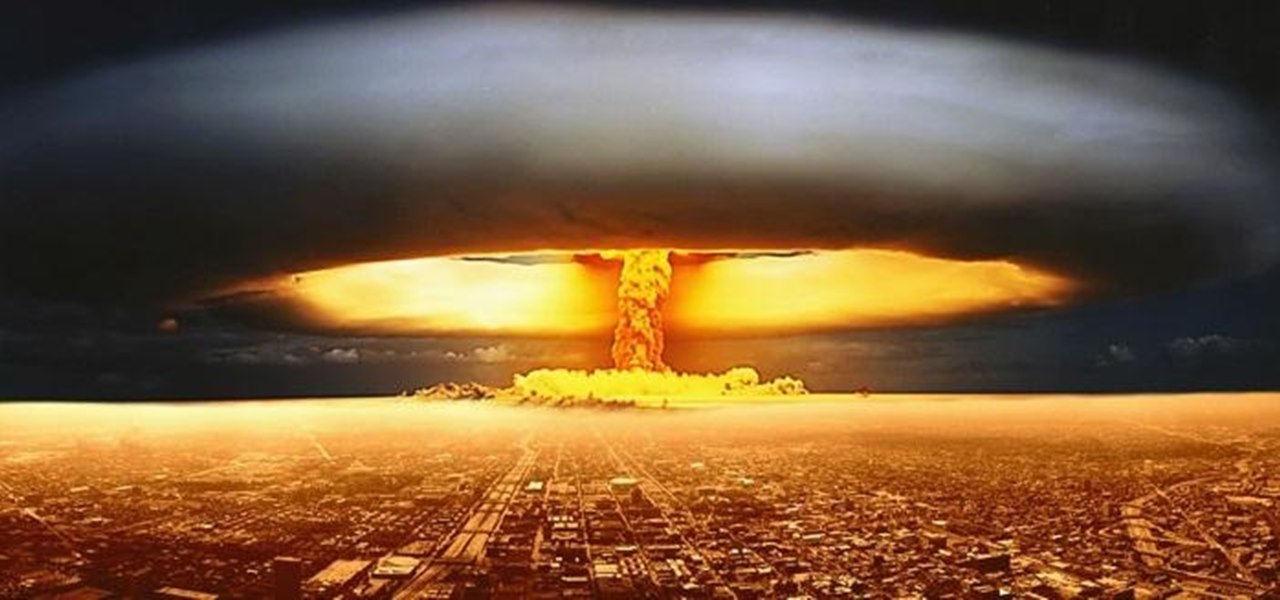




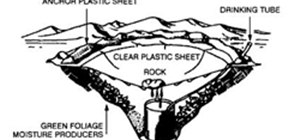










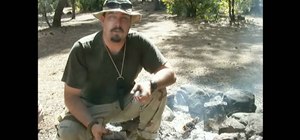

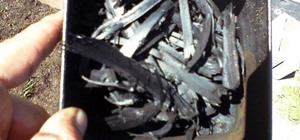
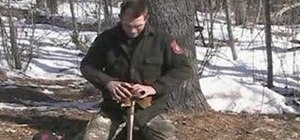


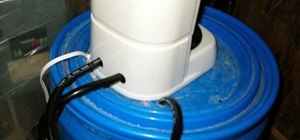
1 Comment
"Lets not nuke NY at all, but lets nuke Missouri 6 times" - said no smart enemy, ever.
Share Your Thoughts